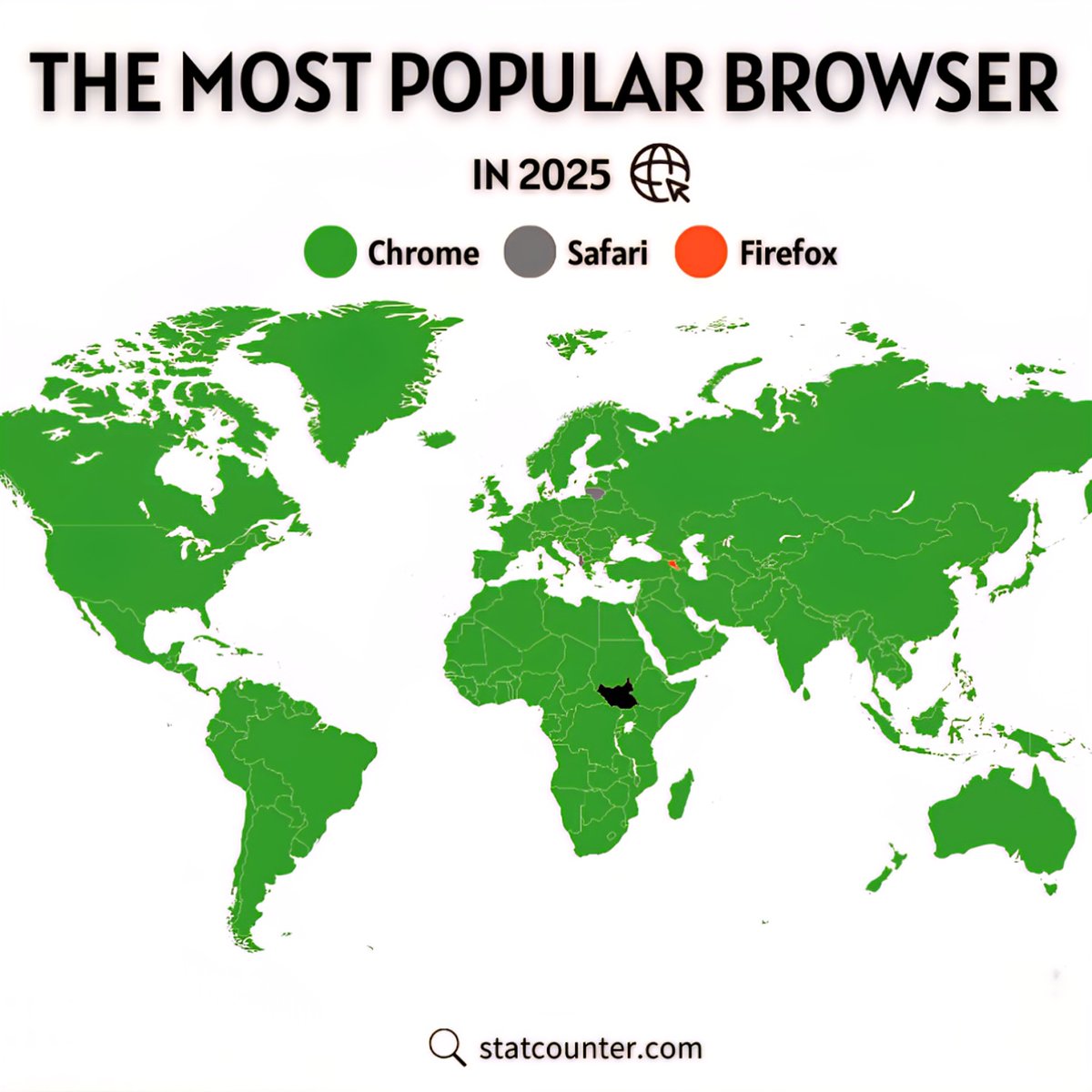Select Language:
The Most Popular Browser in 2025

1. Chrome Continues to Lead with Seamless Integration
Google Chrome remains the dominant web browser in 2025, thanks to its unmatched speed, user-friendly interface, and deep integration with Google services. Users appreciate its ability to sync seamlessly across devices—from laptops and smartphones to tablets—making it a preferred choice for both personal and professional use. Chrome’s extensive library of extensions and developer tools ensures it stays relevant in a rapidly evolving digital landscape, further cementing its position at the top.
2. Edge Rises as the Favorite Among Power Users
Microsoft Edge has surged in popularity, especially among power users and enterprise clients. Its built-in tools for security, privacy, and customization appeal broadly. Edge’s Chromium foundation allows for compatibility with a wide array of Chrome extensions, giving users a familiar experience. Its focus on integrated security features, such as enhanced password management and tracking prevention, has made it a safer alternative for daily browsing.
3. Privacy-Focused Browsers Gain Trust and Traction
In 2025, privacy remains a major concern for internet users. Browsers like Mozilla Firefox and Brave are increasingly favored for their commitment to user privacy. Firefox’s robust privacy controls and open-source ethos keep it a top choice among privacy advocates. Brave, with its innovative ad-blocking features and built-in cryptocurrency wallet, is making waves for offering ad-free browsing while rewarding users with crypto incentives.
4. The Rise of Lightweight and Specialized Browsers
With the growing popularity of lightweight, minimalistic browsers, users seeking fast browsing with fewer resources are turning to options like Vivaldi and Opera GX. Vivaldi’s customizable interface and productivity tools attract tech-savvy users, while Opera GX, tailored for gamers with resource controls and integrated VPN, is gaining popularity among a niche audience. These browsers focus on delivering efficient browsing experiences with added personalization.
5. Mobile Browsers Transform User Engagement
Mobile browsing accounts for a significant portion of global internet traffic, and browsers optimized for mobile play a crucial role in user experience. Chrome’s mobile version continues to dominate, but browsers like Samsung Internet and UC Browser are expanding features tailored to regional markets, emphasizing data compression, faster load times, and integrated content suggestions. Apple Safari remains the default for iOS users with its smooth ecosystem integration and privacy features.
6. The Future: AI and Customization Take Center Stage
In 2025, browsers are integrating AI-driven features to improve user experience. Personalized content recommendations, voice-controlled browsing, and smarter tab management are becoming commonplace. Customization is also at the forefront, with browsers allowing users to tailor themes, layouts, and extensions to fit their individual preferences more than ever before. These innovations aim to keep users engaged and enhance efficiency in navigating the web.
7. Security and Privacy Trends Dominate Development Priorities
As cyber threats evolve, browser developers continue to prioritize security enhancements. Features like sandboxing, automatic updates, and anti-phishing technologies are standard. Emerging browsers are investing in decentralized identity verification and enhanced encryption protocols to protect user data and privacy, reflecting a broader industry shift towards safeguarding digital identities in an increasingly interconnected world.
In 2025, the landscape of web browsing is more diverse and tailored than ever. While Chrome maintains its dominance, rising competitors and privacy-first browsers are reshaping how people access the internet daily. With ongoing innovations in AI, security, and customization, the future of browsing promises an experience that is faster, safer, and more personalized than ever before.







